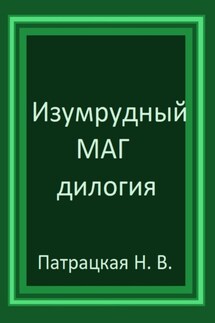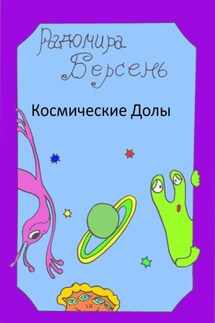Последние тайны СССР – Проект Марс 88 - страница 6
I suddenly remembered of Kipling and decided to read him over again.
Are you in your second childhood – decided to read “Mowgli” again? – Sveta started to laugh.
No, it’s not about “Mowgli”… I read it probably when I was 6–7 years old. There was such a cartoon, too – probably the whole country remembers, I remembered the surname of Kipling… And I am ashamed to say that I thought he did not write anything else.
Later I found out that he was a military correspondent in Africa in the times of Anglo-Boer War, wrote articles, sketches and stories about India where he was born and lived, and once also wrote a lot of stories…
I read “Indian Stories”, too, – Sveta put in. They are well written, but there were few of them, I found them in some collection along with other authors.
Just the same – I read them in a collection, Andrey continued:
“English Poetry in Russian Translations, 20th century”, and you see, first there is an English variant, then a Russian translation, and there are even 2–3 variants of translation for the most interesting poems… The poems are stunning, but the main surprise is ahead… – So Kipling was a poet as well? – Yes, and a great one! I still remember some of his lines by heart:
Yes, this poem is really great… There are few words and it is even short, but very succinct, said Sveta sadly.
He has a lot of poems, but he received the Nobel Prize in 1907 for stories… and he refused to get it! You know, during his whole life he refused all kinds of titles, – remembered Andrey, now distracted from poems, – even the most prestigious one in England: Poet Laureate.
Yes, people were much more modest before… Remember? It seems that Pushkin wrote: What is glory? – A patch on the poet’s sackcloth, said Sveta thoughtfully.
All right, let’s put aside the materialistic side. The saddest thing is that there are no more such poems, – added Andrey.
Besides the poems themselves, many authors in this collection have interesting and tragic lives, full of events… Many of them went to the First World War, some died, and some died later but from the wounds of war anyway, Andrey continued.
It’s sad but it’s life… You’d better recite something else, asked Sveta.
One of Kipling’s best – “If”. There are a lot of translations, but Lozinsky probably did best of all:







